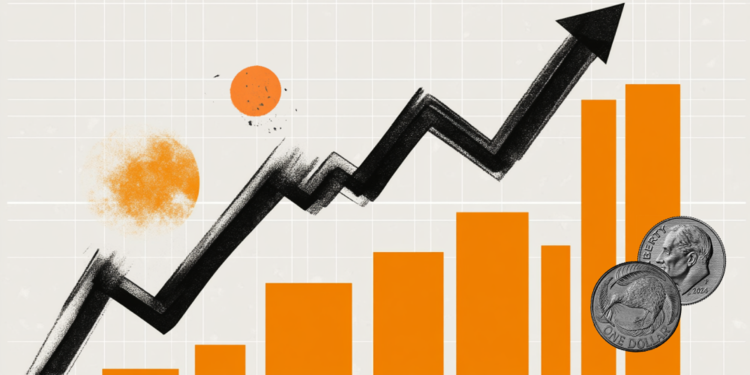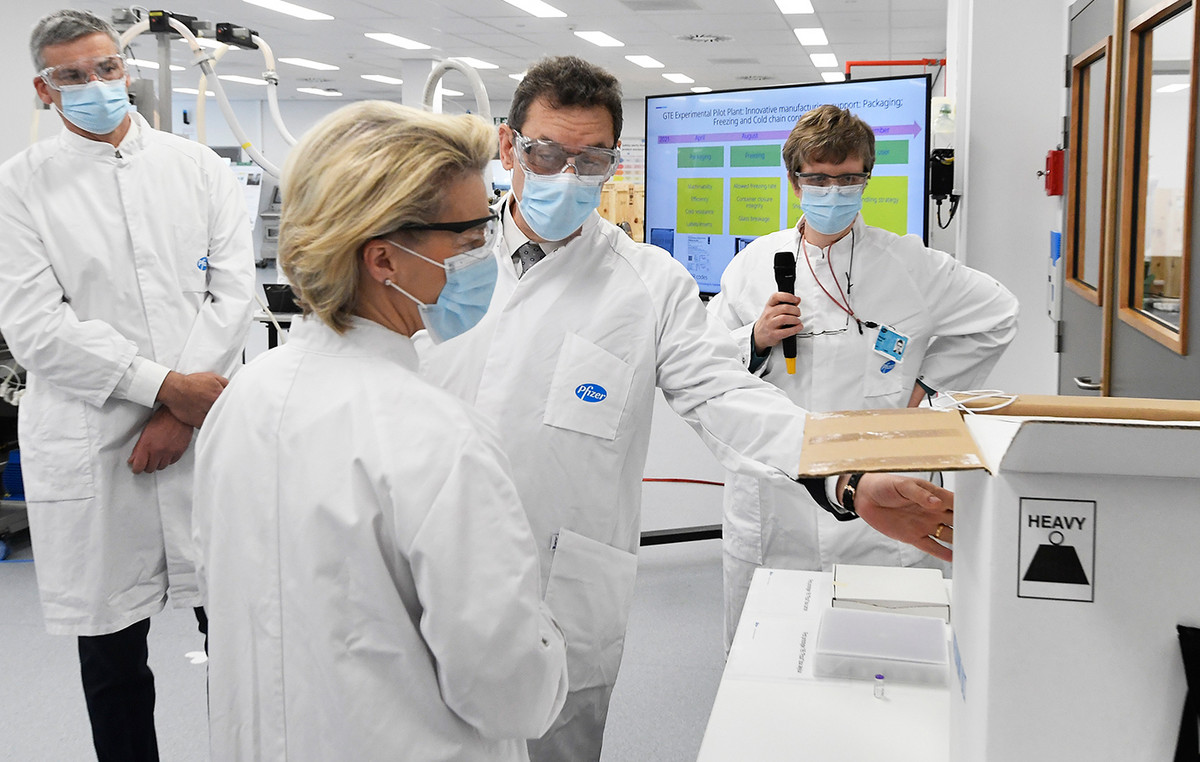22-year-old Ian Reichman had all the good things in the world: youth, health and a great love for football. Nothing in his daily life foretold what would follow and change his life forever. The constant migraines had not troubled him either. One Friday afternoon, while running on a field in Sydney, he started to feel his hands go numb. He didn’t pay attention and continued to exercise. Five minutes later he fell to the ground. He tried to get up but collapsed and lost consciousness.
Reichman woke up three weeks later at St. Vincent of Sydney, having suffered stroke episode that nearly cost him his life. Today, in his 30s, he emphasizes that nothing indicated what he suffered. “I had just started university and was doing really well,” he told NCA NewsWire. He didn’t smoke, wasn’t a drug user, and had fun within the reasonable bounds of an undergraduate student.
The then 22-year-old man passed four weeks in a coma and hospitalized others nine weeks in a rehabilitation center. For a year he walked with assistance as part of rehabilitation therapy. Today he works in a disability center, goes to the gym but he continues to not walk well and his right leg remains very weak.
What happened to Reichman is disturbingly common. According to the Stroke Foundation, more than 27,000 Australians experienced a stroke for the first time in 2020, 24% of whom were under the age of 54. The Stroke Foundation said the condition kills more women than breast cancer each year and more men than prostate cancer.
I had a stroke at 22, what I want everyone to know https://t.co/W6TI25QCji pic.twitter.com/a2ajeb6T1q
— New York Post (@nypost) November 19, 2022
Hopes from a new trial
Now a new trial hopes to shed light on the warning signs and reduce one of Australia’s biggest killers. It is led by the Heart Research Institute’s director of external affairs Ben Freedman, who hopes the trial, aimed at people over 70, it will give them a greater understanding of the simple and often harmless early symptoms that are often a warning sign of a stroke.
Professor Freedman said one in 10 Australians did not know they had it Atrial Fibrillation or irregular heartbeat at the time of the stroke. With a hand-held thumb device he can check whether the electrocardiogram (ECG) will reduce strokes and deaths. An EKG test records the heart’s electrical signals and is commonly used to detect heart problems.
“The aim of the trial is to show that early detection of AF (atrial fibrillation) will reduce the risk of stroke in this group of patients and potentially lead to a national screening program for the early detection of AF, just as we see with mammograms for breast cancer,” said Professor Freedman. As he mentioned approx one-third of strokes could be attributed to atrial fibrillation and for many patients without having a family history.
Source: News Beast
Bruce Belcher is a seasoned author with over 5 years of experience in world news. He writes for online news websites and provides in-depth analysis on the world stock market. Bruce is known for his insightful perspectives and commitment to keeping the public informed.







